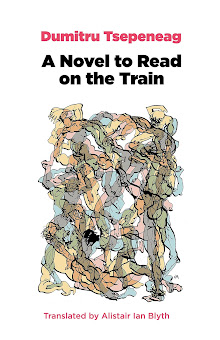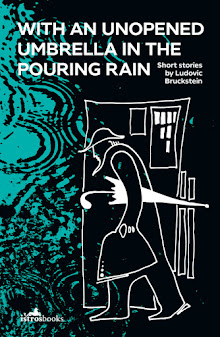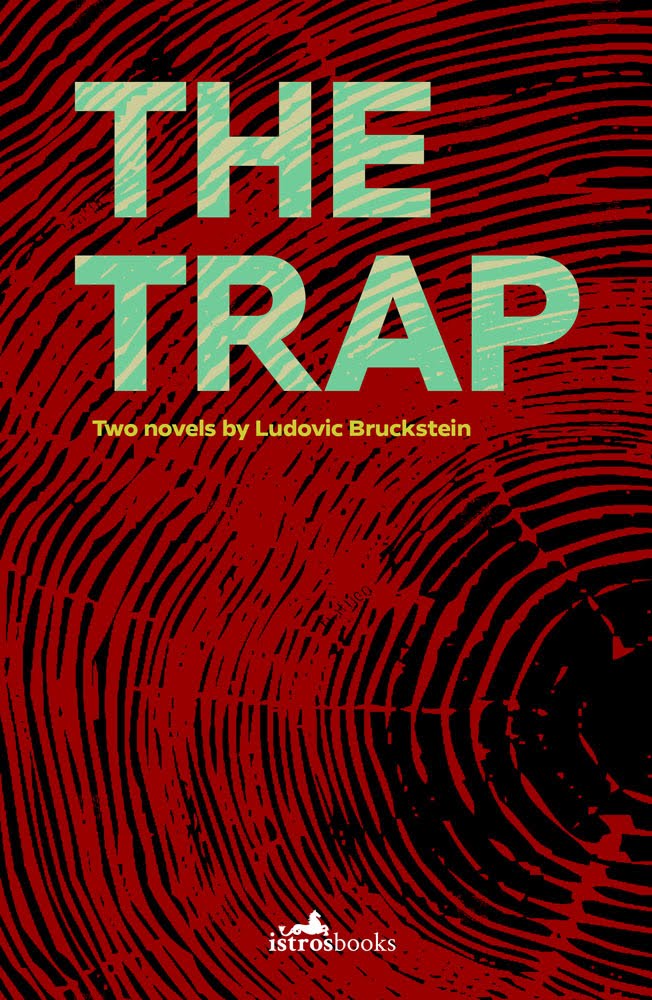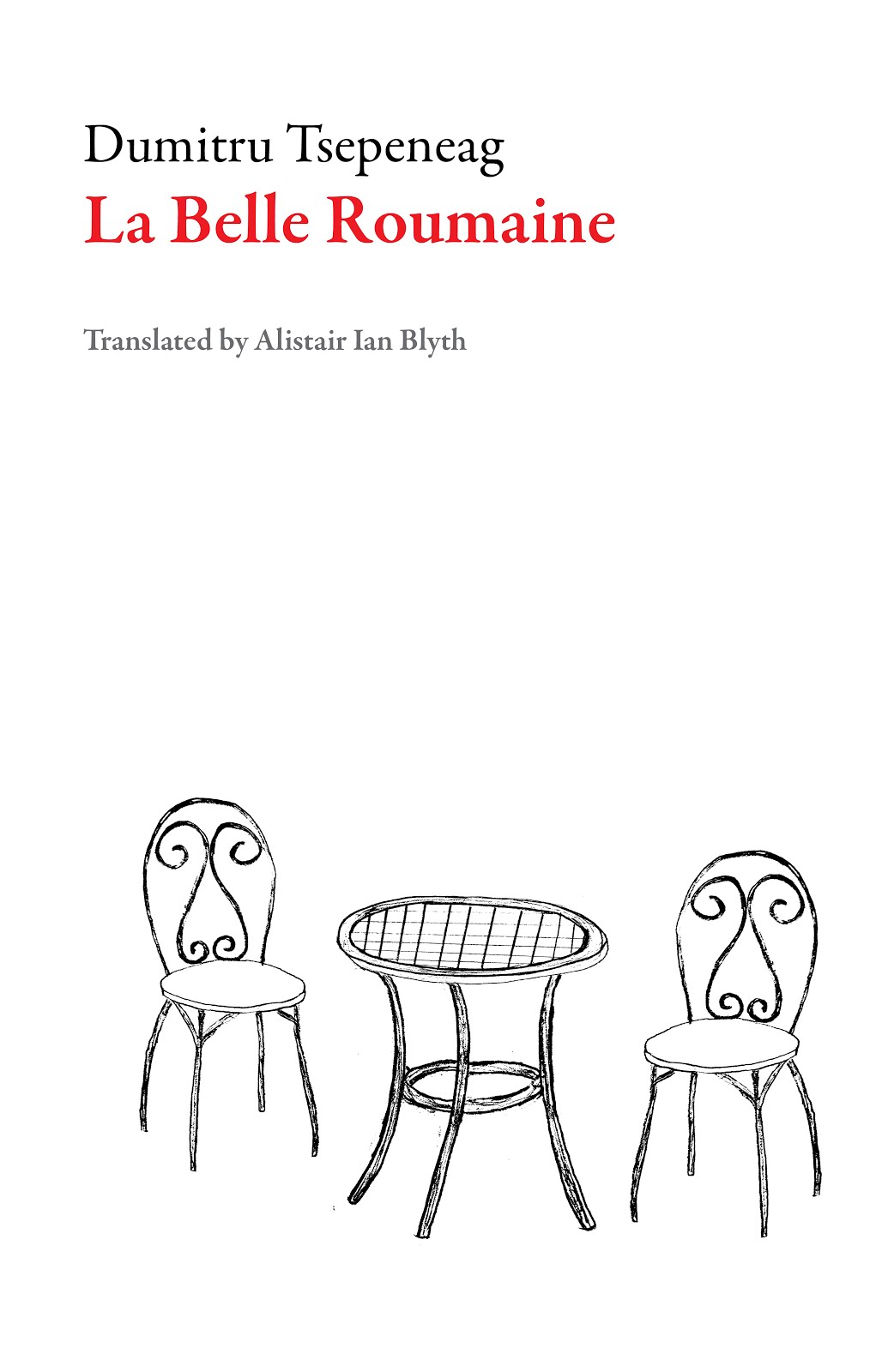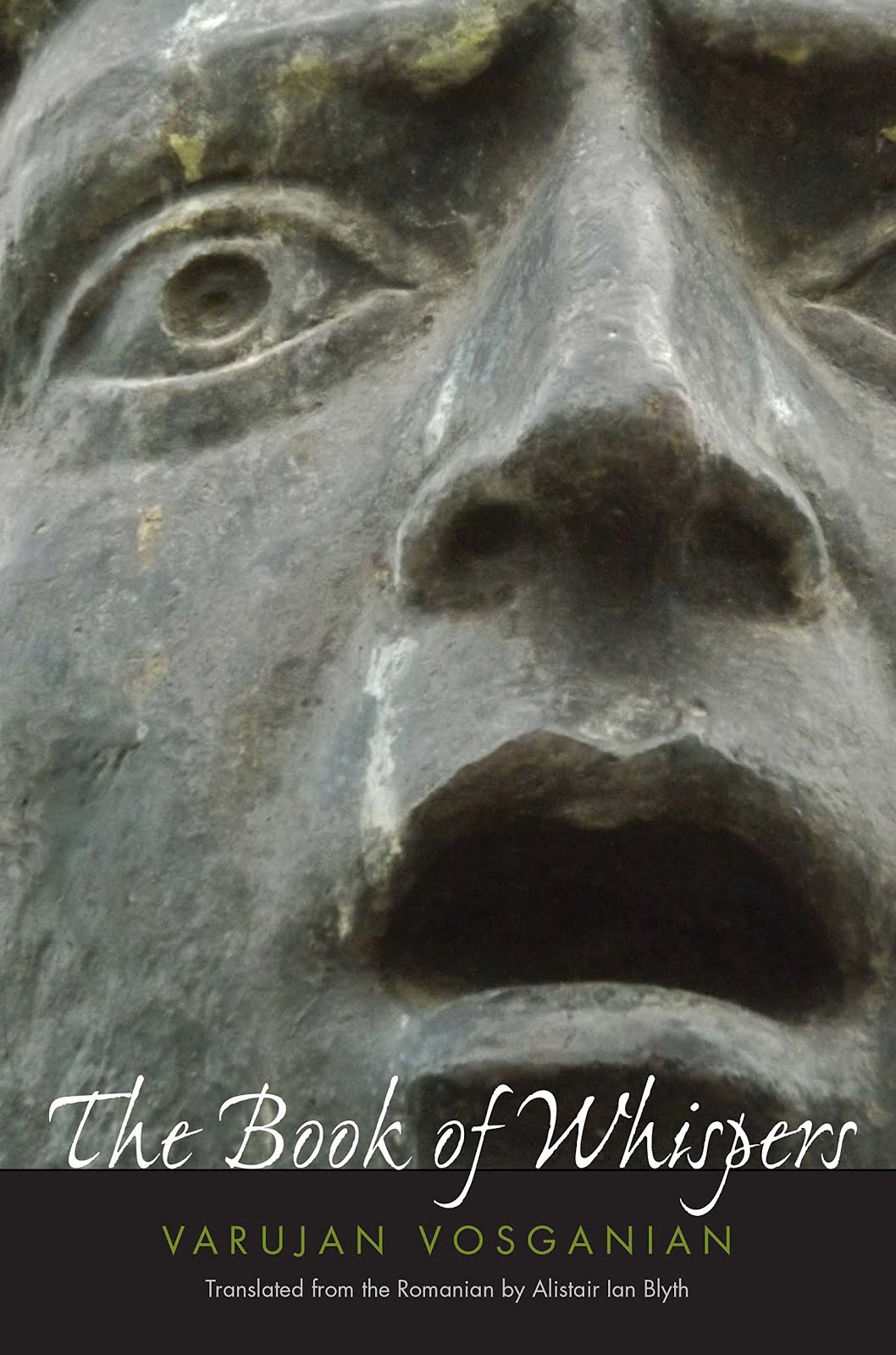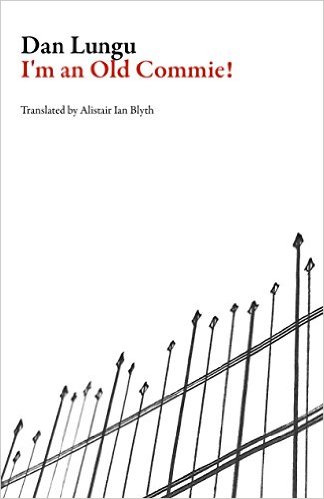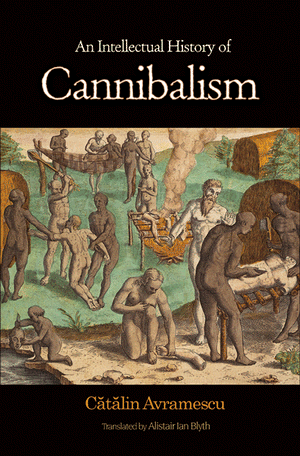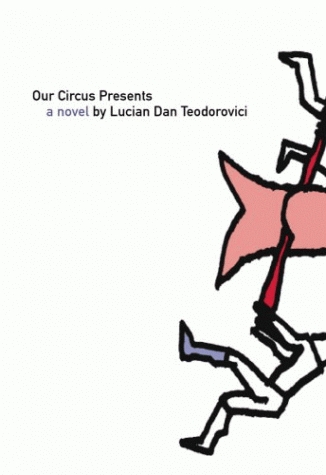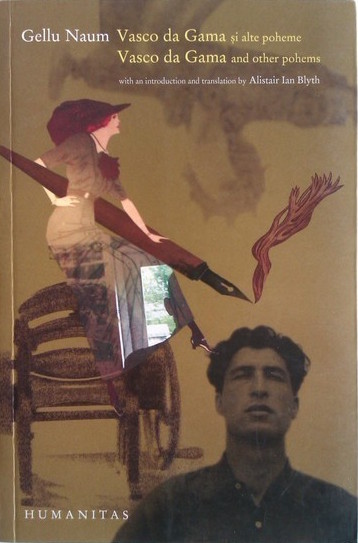I am inclined to suspect, that all these several finders of truth are the very identical men, who are by others called the finders of gold. The method used in both these searches after truth and after gold, being, indeed, one and the same, viz. the searching, rummaging, and examining into a nasty place; indeed, in the former instances, into the nastiest of all places, A BAD MIND.
But though in this particular, and, perhaps, in their success, the truth-finder and the gold-finder may very properly be compared together; yet, in modesty, surely, there can be no comparison between the two: for who ever heard of a gold-finder that had the impudence or folloy to assert, from the ill-success of his search, that there was no such thing as gold in the world? Whereas the truth-finder, having raked out that jakes, his own mind, and being there capable of tracing no ray of divinity, nor any thing virtuous or good, or lovely or loving, very fairly, honestly, and logically, concludes, that no such things exist in the whole creation.
But though in this particular, and, perhaps, in their success, the truth-finder and the gold-finder may very properly be compared together; yet, in modesty, surely, there can be no comparison between the two: for who ever heard of a gold-finder that had the impudence or folloy to assert, from the ill-success of his search, that there was no such thing as gold in the world? Whereas the truth-finder, having raked out that jakes, his own mind, and being there capable of tracing no ray of divinity, nor any thing virtuous or good, or lovely or loving, very fairly, honestly, and logically, concludes, that no such things exist in the whole creation.
Henry Fielding, The History of Tom Jones, A Foundling (1749), Book VI, Chapter One, Of Love.
Note
A gold-finder was one who emptied privies.



